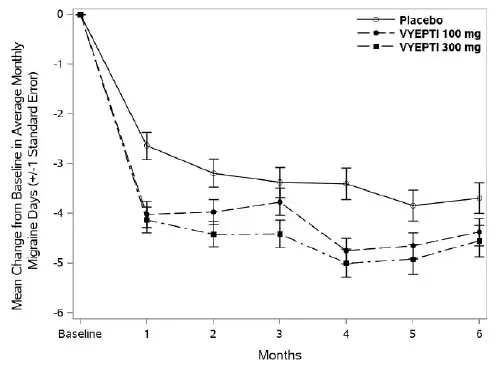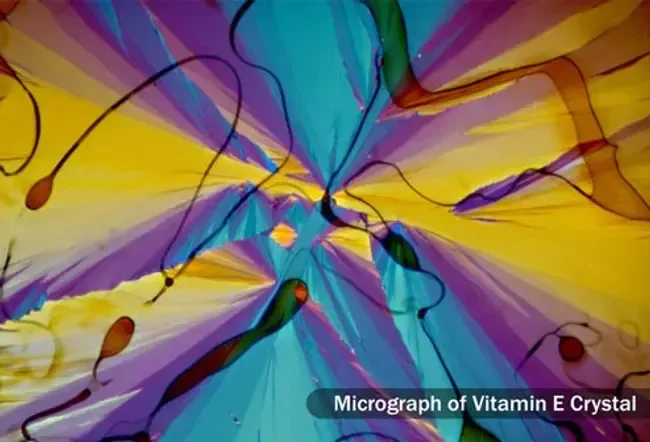Shingles: Myths and Facts About the Shingles Virus
The Information On The Site Is Not Medical Advice. We Do Not Sell Anything. The Accuracy Of The Translation Is Not Guaranteed. Disclaimer
What Is Shingles?

When you have chickenpox the virus that caused it sticks around even after you get better. Later on that virus can trigger another infection called shingles which is known for a painful rash with blisters.
Myth: Only Older People Get Shingles

While the infection is more common in people over 50 anyone who's had chickenpox can get it even children. Younger people are more likely to have it if their immune systems are weak because of certain medicines or illnesses like cancer or HIV.
Myth: Shingles Is Rare

About a third of all Americans will get it in their lifetimes. That's 1 million per year. Half of people who reach age 85 will have had shingles at some point.
Myth: It's Not Contagious

The open blisters of the rash can't pass on shingles but they can spread the chickenpox virus to someone who's never had it. And that can lead to a later shingles outbreak.
Myth: Chickenpox Is the Same Thing

They're caused by the same virus but shingles and chickenpox are not the same illness. Chickenpox brings on hundreds of itchy blisters that heal in 5 to 7 days usually in children. A shingles rash can last about a month.
Myth: It's Gone in a Few Days

About 40% of people who get shingles feel a burning shooting pain for months or years after the rash is gone. It's called postherpetic neuralgia or PHN. Your doctor can help you manage it with medication and other treatment.
Myth: You Can't Treat It

If you take an antiviral medicine (acyclovir famciclovir valacyclovir) in the first 3 days after the rash appears that may ease the pain and help you get rid of it sooner. The earlier you start the better it works. Prescription and over-the-counter pain relievers corticosteroids and nerve block treatments might also help.
Myth: You Can't Get It More Than Once

It doesn't happen often but it's possible. New bouts usually show up on different parts of your body. A shingles vaccine could lower your chances of a second infection even if you get the shot after you've already had shingles.
Myth: The Rash Is the Biggest Problem

Aside from nerve pain caused by PHN your skin can get infected and you might have scarring headache fever stomachache or muscle weakness. Talk to your doctor as soon as you notice symptoms so you can get treatment.
Fact: A Vaccine Can Help Prevent It

It doesn’t guarantee you won’t get shingles but a vaccine can lower your chances by more than 90%. And if you do get the condition it might not affect you as much. The CDC recommends that healthy adults 50 or older as well as those 19 years and older who are immunocompromised get two doses of the vaccine Shingrix. The shots are taken 2 to 6 months apart. Exceptions are if you currently have shingles are pregnant or a test shows you have immunity. You likely have been exposed to chickenpox even if you didn’t develop blisters so you should get the vaccine even if you don't remember being ill.
Fact: Stress Can Trigger Shingles

Stress can weaken your immune system and make you more likely to have an outbreak. Or it may simply run you down until you get a cold or some other illness that triggers one. And once you have shingles stress can make the pain worse.
Fact: It Can Cause Vision Loss

If shingles makes your eye or eyelid red swollen or painful -- sometimes called ocular shingles -- it can be serious. Get medical help as soon as possible because it could lead to glaucoma scarring or even blindness. Blisters on the tip of your nose can be an early warning sign.
Fact: The Rash Can Get Infected

If blister pain and redness don't get better -- or get worse -- over a couple of weeks you could have a bacterial skin infection. See your doctor right away. It can make you heal more slowly and scar your skin.
Fact: Shingles Can Hurt Your Brain

It doesn't happen often but shingles around your eyes ears forehead or nose can sometimes lead to brain swelling paralyze part of your face or affect your hearing and balance. In rare cases an infection in these areas can lead to a stroke or meningitis (when tissues around your brain and spinal cord get infected and inflamed).
Shingles: Myths and Facts About the Shingles Virus
Sources: 
IMAGES PROVIDED BY:
- Biophoto Associates / Science Source
- Clinical Photography Central Manchester University Hospitals NHS Foundation Trust UK / Science Source
- Doug McKinlay / Getty Images
- DR P. MARAZZI / Science Source
- (Left to right) Lowell Georgia / Science Source VICTOR DE SCHWANBERG / Science Source
- spukkato / Thinkstock
- Abdal Rhisang Alfarid / EyeEm / Getty Images
- SCIEPRO / Getty Images
- Tom Merton / Getty Images
- bdspn / Thinkstock
- Westend61 / Getty Images
- Kichigin / Thinkstock
- Dr P. Marazzi /Science Source
- Watney Collection / Medical Images
REFERENCES:
- American Academy of Dermatology: 'Shingles.'
- CDC: 'Shingles Vaccination' 'Shingles (Herpes Zoster).'
- Cleveland Clinic 'Do You Know the Truth About Shingles?'
- Harvard Health Publishing: 'Shingles can strike twice. Will the shingles vaccine help?'
- Mayo Clinic: 'Shingles.'
- National Foundation for Infectious Diseases: 'Facts About Chickenpox and Shingles for Adults' 'Shingles Myths and Facts for Consumers.'
- National Institute of Neurological Disorders and Stroke: 'Shingles: Hope Through Research.'
This tool does not provide medical advice. See additional information: 
THIS TOOL DOES NOT PROVIDE MEDICAL ADVICE. It is intended for general informational purposes only and does not address individual circumstances. It is not a substitute for professional medical advice diagnosis or treatment and should not be relied on to make decisions about your health. Never ignore professional medical advice in seeking treatment because of something you have read on the Site. If you think you may have a medical emergency immediately call your doctor or dial 911.
© 1996-2025 WebMD LLC . All rights reserved.
Source slideshow on WebMD












